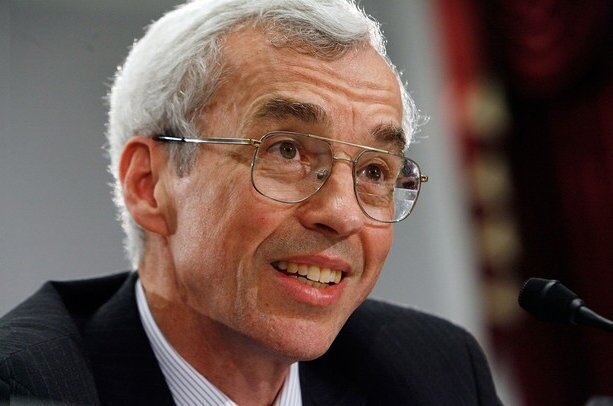
As the Iran-US talks entered the third round and technical and expert discussions began, it was expected that there would be fluctuations in the negotiations, especially since the American side (as an internal factor) has been changing its positions at every moment.
To know more about the recent changes in Whitte House and new stances of the US officials and the effect of the changes on the fate of the Iran-US talks, TABNAK reached out to Professor Paul Pillar former CIA intelligence analyst.
Mike Waltz, the U.S. National Security Advisor, was dismissed by Trump. It is said that one of the reasons for his dismissal was his private meeting with Netanyahu and coordinating with him about a military strike on Iran. On the other hand, Marco Rubio, while retaining his position as Secretary of State, has taken over the role of U.S. National Security Advisor. Accordingly, given his more hardline stance compared to Steve Witkoff, he will play a greater role in matters related to Iran. What is your assessment?
Rubio will play a greater role on many issues, not just Iran, at least until someone else is appointed as a new national security adviser. When he first became secretary of state, Rubio was generally seen as the least secure of Trump's cabinet members, but he has since then bowed to Trump's views on nearly everything, even when this means abandoning his previous positions as a senator, and he seems as a result to have won some additional trust from Trump. Given that Waltz was saying hardline things about Iran, the change from Waltz to Rubio does not mean that US policy will necessarily become more hardline than it was before.
Some argue that the Iran nuclear dossier may be handed over to the State Department and Marco Rubio personally. Rubio has recently shifted his position on Iran's nuclear program from complete dismantlement (the Libya model) to ‘zero enrichment’ (the UAE model). Do you think negotiations with Iran might be transferred to him?
Rubio has so many responsibilities right now that it is unlikely that he would be as directly involved in negotiations with Iran as John Kerry was when the JCPOA was being negotiated. Others in the State Department may be heavily involved, however, especially Michael Anton, head of the Policy Planning Staff, who was at the most recent round of negotiations.
Can the delay in negotiations with Iran be seen as a restructuring and alignment of the Trump administration's views on Iran? It is said that Mike Waltz’s perspective created inconsistencies in the Trump administration's approach twards Iran.
The disorder in the Trump administration is one possible reason for the delay. Another possible reason is disagreement between Iran and the U.S. over the format for negotiations, and whether they would be direct or indirect.
Marco Rubio recently stated that Iran has no right to enrich uranium. However, the NPT grants countries the right to peaceful use of nuclear energy. Moreover, this right was given to Iran under the JCPOA, and therefore, based on the principle of estoppel, a right that has once been recognized cannot be revoked from Iran. What is your assessment?
Of course there is no basis for Rubio talking about "no right" to enrich uranium. But the main basis for claiming such a right has to be the NPT, to which both Iran and the U.S. are parties, rather than the JCPOA, which Trump disavowed.
In justifying his argument that Iran does not need uranium enrichment, Rubio claimed that only countries with nuclear bombs engage in uranium enrichment. However, countries without nuclear bombs, such as Japan and Brazil, have indigenous enrichment programs. What is your assessment?
Trump administration officials misstate the facts about many things, and this is just one of them. I am sure that Iranian negotiators will be quick to point this out.
European countries, including France, are talking about possibly triggering the snapback mechanism. Could these countries sabotage a potential agreement between Iran and tahe U.S. with such a move? Under what circumstances would they refrain from taking such action?
Imposing increased sanctions on Iran would not be helpful to the negotiations. The Europeans probably would refrain from doing so if it looked like a new U.S.-Iranian agreement in the near term was possible. The Europeans have no desire to sabotage such an agreement.